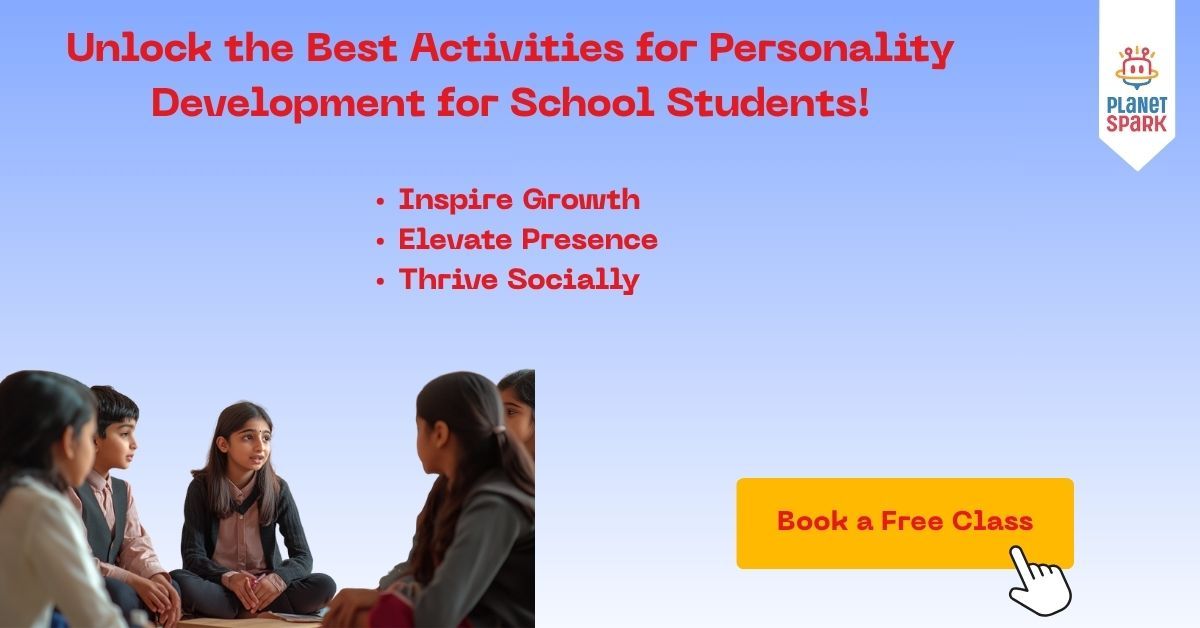Why Self-Discipline for Students is Important
Self-discipline is a cornerstone of academic and personal success for students. It helps them stay focused on their goals, manage time efficiently, and develop productive study habits. Students who practice self-discipline are better able to resist distractions, complete assignments on time, and prepare effectively for exams.
Beyond academics, self-discipline builds resilience and patience, enabling students to face challenges without giving up. It also fosters responsibility and accountability, teaching students to take control of their actions and decisions. By developing self-discipline, students not only enhance their learning experience but also prepare themselves for future challenges in higher education, career, and everyday life.



